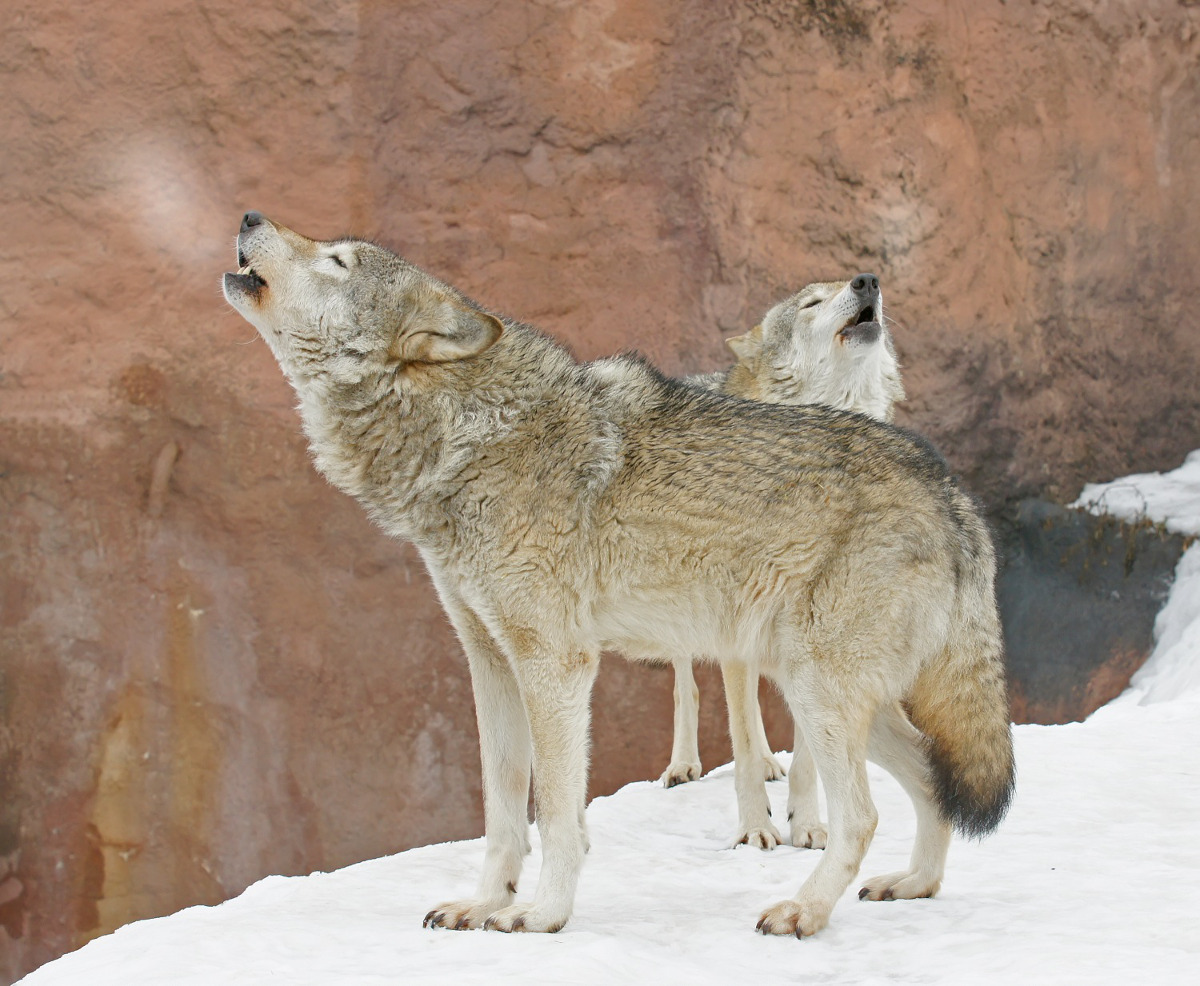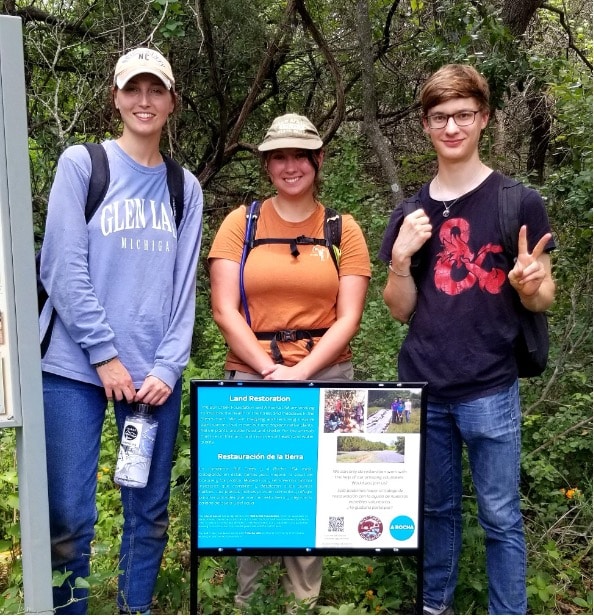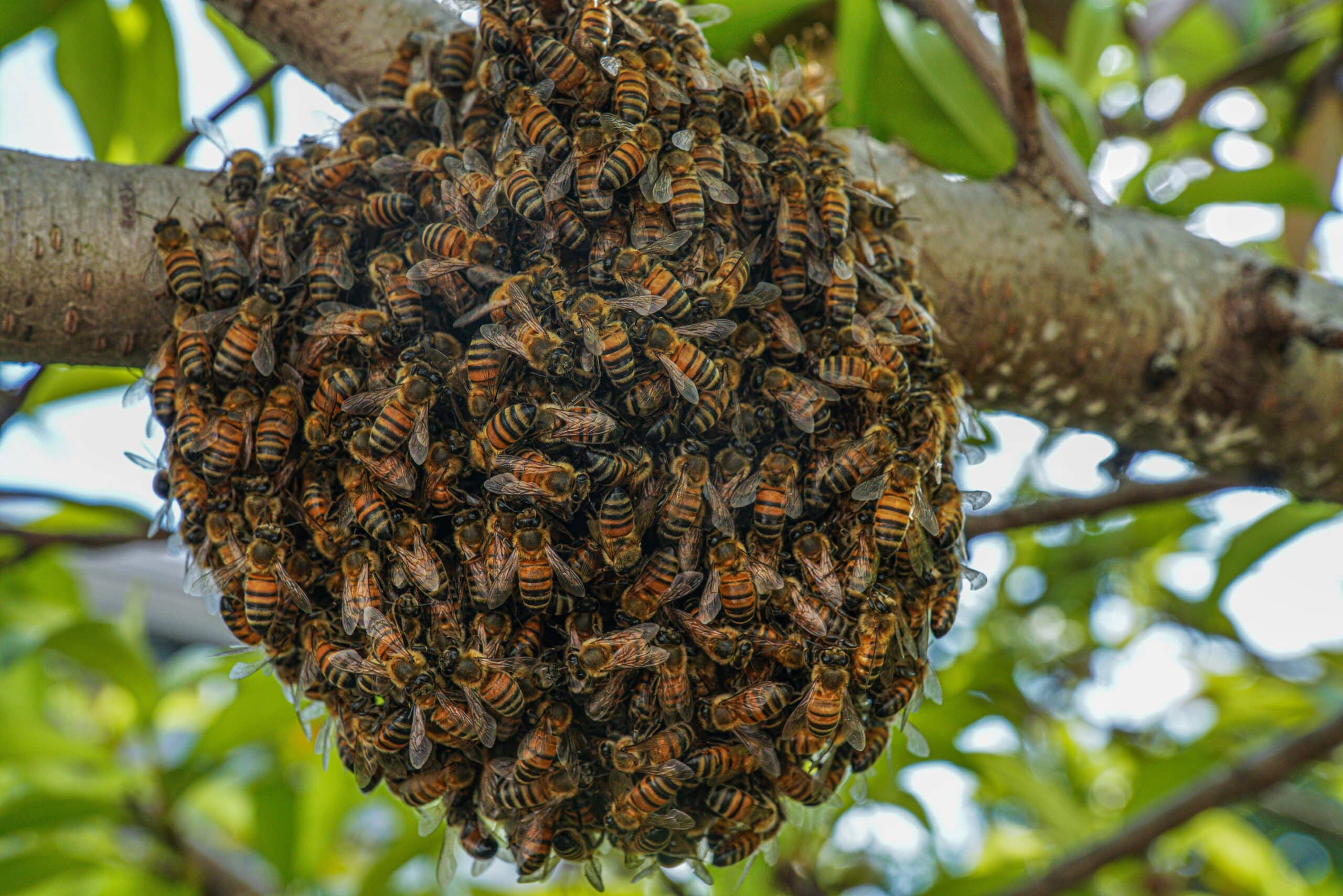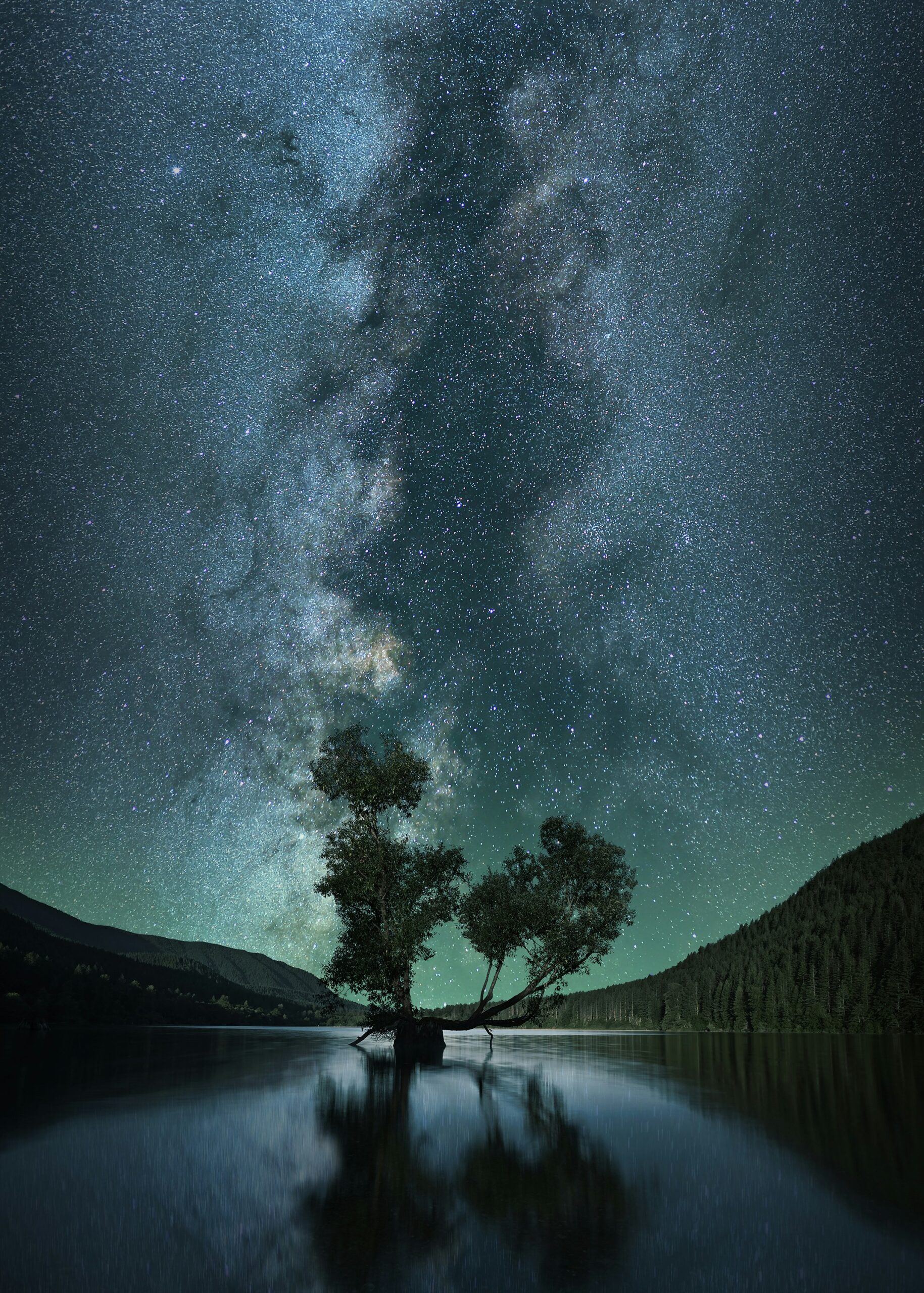Conservation from the top down

Scientific research doesn’t ‘prove’ religious truth but nevertheless each set of convictions addresses the same reality. So it shouldn’t be surprising that a recent insight within the discipline of ecology aligns beautifully with the foundational biblical perspective that human beings have the God-given responsibility to care for all creation. At least this would seem to have happened with our realization of the significance of trophic cascades. For an entertaining explanation of cascades see George Monbiot’s great little film, How Wolves Change Rivers. He argues that we now understand that ecosystems take their character, and change, from the top down. It is the influence of their mega-fauna which often makes the greatest difference, and so ecosystems are not exclusively set in their ways by their underlying geology, developing as was previously imagined, from the ground up.
[youtube=https://www.youtube.com/watch?v=ysa5OBhXz-Q]
Until reasonably recently the significance of people as the ultimate ‘mega’ was perhaps under-estimated by the conservation world. We were all about saving species and that meant working with habitats and fauna. We could leave people for ‘the humanitarians’ and the social development enthusiasts. It is now well understood that it is human choices, founded on values and therefore fundamentally on beliefs, that are quite literally shaping the ecology of our planet. And so two things should give us pause for thought.
Firstly, the beliefs and values that direct the way we treat the world need to be deeply coherent and fit for purpose – and self-evidently the prevailing dogma of our consumerist societies that ‘the more stuff I can accumulate for myself, the more happy I will be’ is not.
Secondly, those concerned with finding a way towards a more sustainable future cannot avoid engaging with human communities in all their complex and contradictory realities, which have at their heart deeply held beliefs and convictions.
The work of conservation has therefore become both more complicated and fundamentally far more rewarding as human flourishing is now at the heart of the task. Gus Speth puts it this way,
‘I used to think that the top global environmental problems were biodiversity loss, ecosystem collapse and climate change. I thought that with 30 years of good science we could address these problems, but I was wrong. The top environmental problems are selfishness, greed and apathy, and to deal with these we need a spiritual and cultural transformation and we scientists don’t know how to do that.’
Spoken like a true trophic cascader.
We are happy for our blogs to be used by third parties on condition that the author is cited and A Rocha International, arocha.org, is credited as the original source. We would be grateful if you could let us know if you have used our material, by emailing [email protected].




I couldn’t agree more, Peter.
Key to this is the understanding that humans have a positive ecological role to fulfil.
Human fulfilment is often seen as necessarily opposed to ecological sustainability (or, indeed, improvement). As Gus Speth points out, the real problems lie in the foundations of our modern society. I would go further and say that the root cause can be found in our human nature. On the positive side we can, in the teachings of Jesus, see the roadmap to the changes that are required.
As Christians we can point out that true fulfilment, including the true fulfilment of our ecological role, is found not in satisfying our acquisitive nature, but in obedience to God’s plan for humanity and ultimately all of creation.
Thanks for posting this, Peter.
Trophic cascades yes, but mostly bottom-up according to network ecologists!
Thanks Darren – now we definitely have to find a time to meet again as I need you to explain. And this is friendship not networking says this relationship ecologist!
Thanks Francis for the positive feedback. As I agree with you I continue to puzzle over why it is that Christians have been so slow, all over the world, to take up what you call our “ecological role”. We certainly have few grounds for satisfaction and need to change rapidly.
Great video Peter.
To draw analogically on the video: If humanity is the deer over-grazing the global ecosystem then is it actually possible for us to hold ourselves back? Or, is it the case that we require another species to put us into our place again – if not another mega-fauna, perhaps a virus?
Interesting if bleak comment, Andrew! However I think although we are mammals, uniquely we can make choices that are not simply appetite driven, but derive from our relationship with God, either broken or restored. So once again I go back to the critically important choice we must make to live in God’s world in God’s ways. So over-grazing is out!
Andrew, this questions strikes at the heart of why the Church must engage with ecology and science generally. Evolutionary theory suggests that we are pre-programmed to maximise the spread of our genes to the greatest extent possible. The logical conclusion of this is that no, we cannot hold ourselves back. (I call this programming “human nature” in my comment above”.) Again from a secular standpoint, we can only be prevented from that by another gene set, i.e. within our own species or another species.
From a Christian standpoint, however, we know that we as humans, have been given free-will and can submit ourselves to a higher power: God. In this way, and only in this way, are we freed from our human nature. This is precisely why the Christian perspective is so essential for a hopeful ecological understanding.
Thanks Peter. Perhaps we also need to heed John Gillebaud’s cry that “population growth and the need for contraception around the world” are a forgotten part of ecology. The number of humans at the top of the chain might then be reduced.
Arnold, I think here we must only speak in the reverence of God. Remember, man is ‘in the image of God’, who has a task for each person.
God who loves His creation is still in control. I think in the end we will be amazed at what God’s plan is! At the same point we may be sadly shocked at how we prevented His working with our human, ‘logical’ thinking.
Thank you for your blog. The wolf video is my favourite and most encouraging video, We recently showed it at our A Rocha group meeting.
I had not made the connection with humans being a top mammal and therefore needing consideration in a similiar way to the wolf effect. That is a very interesting thought. With that in mind have you read “Last Child in the Woods” or “Free to Learn” by Peter Gray? They are both books about the need for children to play freely outside. They emphasise the need for people of all ages to connect with the natural world for their mental and physical weling. The first book has a long list of outdoor activities. Getting chilren outside encourages parents to go out, too.
Hello Pam – I hadn’t seen those books so thanks. A Rocha is deeply committed to providing that outside experience you talk about in so many of our project places. Today our thoughts are particularly with all those children in Lebanon who used to visit the Aammiq wetland but who currently can’t. And in so many other places where the creation that gives children a sight of beauty and God’s own character has become a dangerous “outdoors”.
[…] Texto original em https://blog.arocha.org/post/conservation-from-the-top-down/ […]